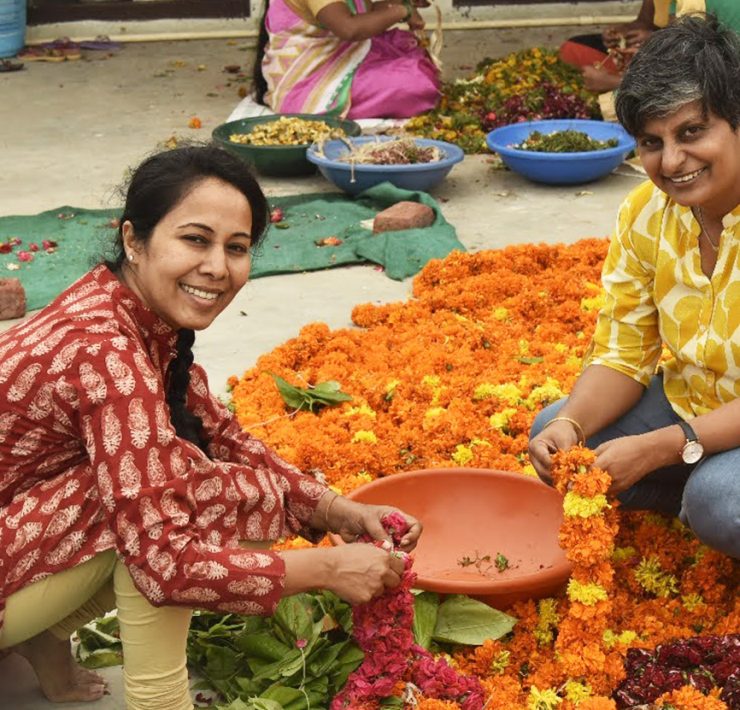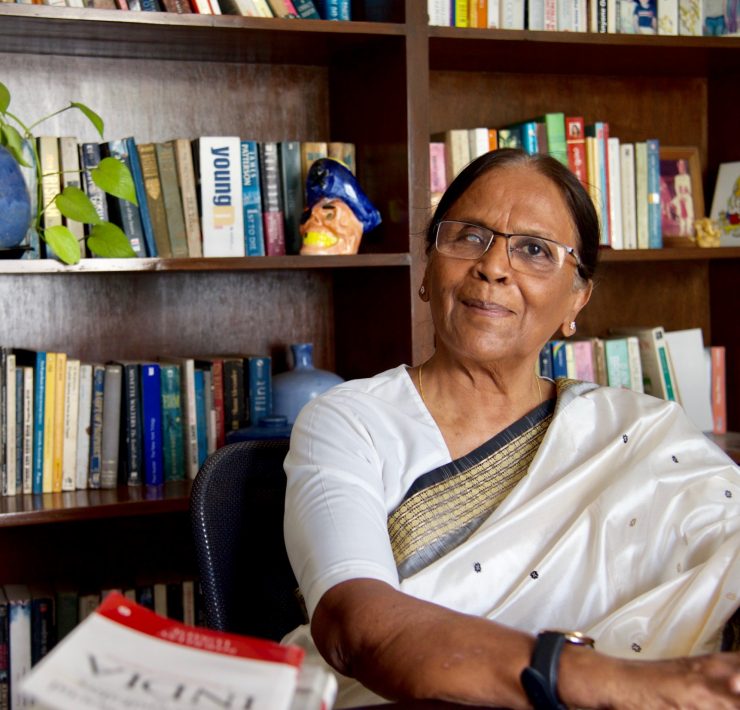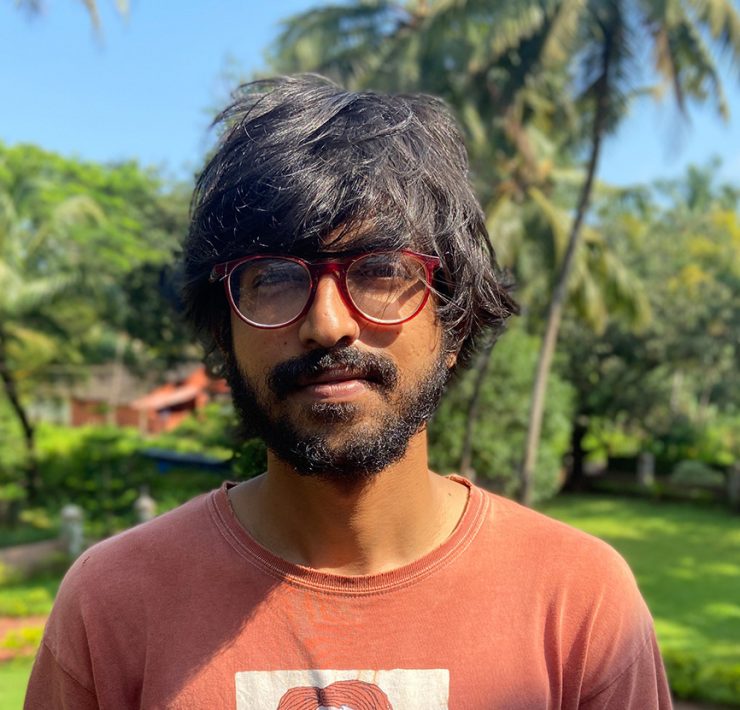Arrested development – How Aarey protest landed me in jail
- One of the largest citizen action movements protesting the felling of 2,000 trees to build a metro car shed, the Aarey protests have been a show of strength and spirit in Mumbai. And for some of us it has been a defining lesson in fight and forbearance.
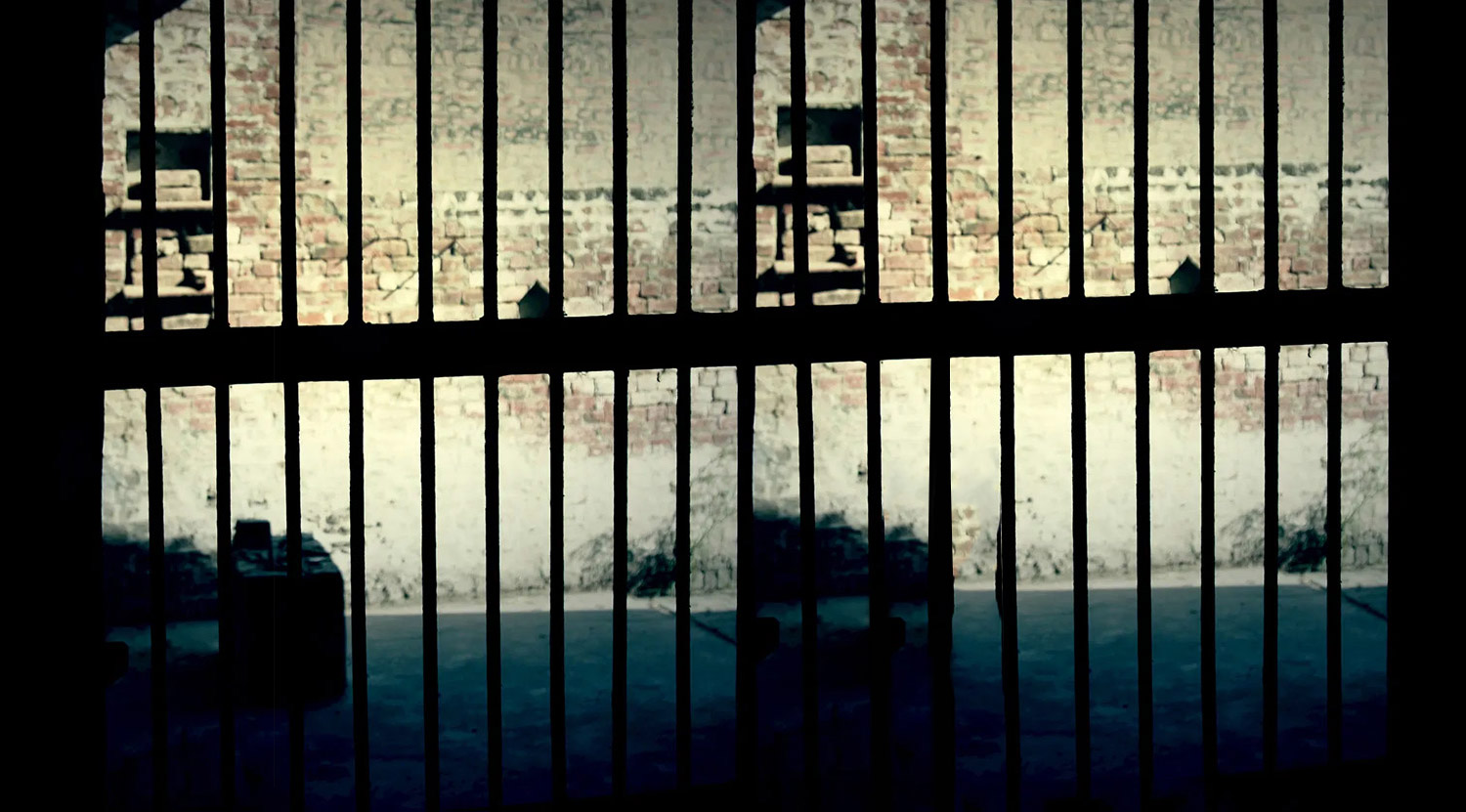
If I had gotten down to writing this soon after my arrest, it would’ve, in all probability, started on a far grimmer note. But I waited, like all good procrastinators do, and here I am, with a different start to my story. Even as I write this, my fate as that of the 28 others who were arrested with me at the Aarey protest, remains uncertain. But the assurance of Maharashtra’s newly formed government may have calmed our nerves a tad bit. For now. It announced that the case against ‘the 29 Aarey protesters’ will be withdrawn. I have faith in the judiciary and believe that justice will be served
I have stayed out of trouble for most of my life. I hadn’t until that day, violated (or at least got caught violating) a traffic rule, been caught for underage drinking…you get the drift. As if to make up for my clean records, October 4, 2019 not only acquainted me with the warm (literally) confines of a lock-up but made sure that I mark my attendance at a police station once every two weeks.
Since I hope that none of you reading this ever witnesses this firsthand, here’s a little glimpse of how things transpired over the two days that were the climax of possibly the biggest citizen action movement in Mumbai in the recent times.
It was a Friday evening, so my friends and I were attending to our weekly ritual, which is getting a few drinks at our regular watering hole, in our PJ’s in Bandra after work. A friend of mine, Aditya, posted online about the developments at Aarey and how the protests were getting heated because of an immediate threat of tree-axing. So at 11.45 pm, my friend Ruhaan and I left for Aarey. Amidst much chaos and barricading, we made it to the site of protest. A large crowd sat in a circle singing protest songs and slogans. After an hour or so, a police official said that we have to clear the area in the next 5 minutes. We insisted on a written assurance that no more trees would be cut down, but of course no such promises were made. Up until then, this was a peaceful protest with singing and sloganeering.
“A large crowd sat in a circle singing protest songs and slogans. After an hour or so, a police official said that we have to clear the area in the next 5 minutes”
After 5 minutes, the police started to take action; they started forcing people into the police vans. As luck would have it, my friends and I were among the first to be grabbed by the hand and pushed into the van, which started to make its way to an unknown destination. After what seemed like an eternity, we realized that we were being taken to the Dahisar police station. All of us decided to quietly comply with the police officials and hopefully get released in a while. Upon entering the police station, men and women were detained in different rooms and 17 of us were kept in a small surveillance room (the others were either in another room or at the Aarey police station) that was at best, meant for 8-10 people – if nobody wished to stretch, move or bend. But of course we adjusted.
“17 of us were kept in a small surveillance room that was at best, meant for 8-10 people – if nobody wished to stretch, move or bend”
An inspector soon informed that we would be released only in the morning. And so began a long night spent over a few biscuits spared by an Aarey Conservation Group volunteer. The next morning, 2 detainees said that they had to appear for an exam. The authorities thankfully obliged after taking a few details from them. At around 10 am, a few officers entered with a bunch of forms and started to fill in our names and other details individually. Communicating “Dwayne Nicholas Lasrado” to any of the police station took more than one attempt. They took our thumbprints too. No explanation was given whatsoever. Turns out it was an arrest form. We were assured that it was nothing to worry about. Soon after, an inspector told us that we were going to be taken to Borivali court for a trial and that we were being charged with 4 sections of the Indian Penal Code. 144 (Using criminal force, or show of criminal force, to compel any person to do what he is not legally bound to do, or to omit to do what he is legally entitled to do), 149 (unlawful assembly), 332 (causing hurt to a public servant in the discharge of his duty) and the very dreaded section 353 (using assault or criminal force used to deter a public servant from discharging his duty). All of this, in the midst of a peaceful protest.
“we were being charged with 4 sections of the IPC. 144 (Using criminal force, or show of criminal force, to compel any person to do what he is not legally bound to do), 149 (unlawful assembly), 332 (causing hurt to a public servant in the discharge of his duty) and 353 which relates to assault or criminal force used to deter a public servant from discharging his duty).”
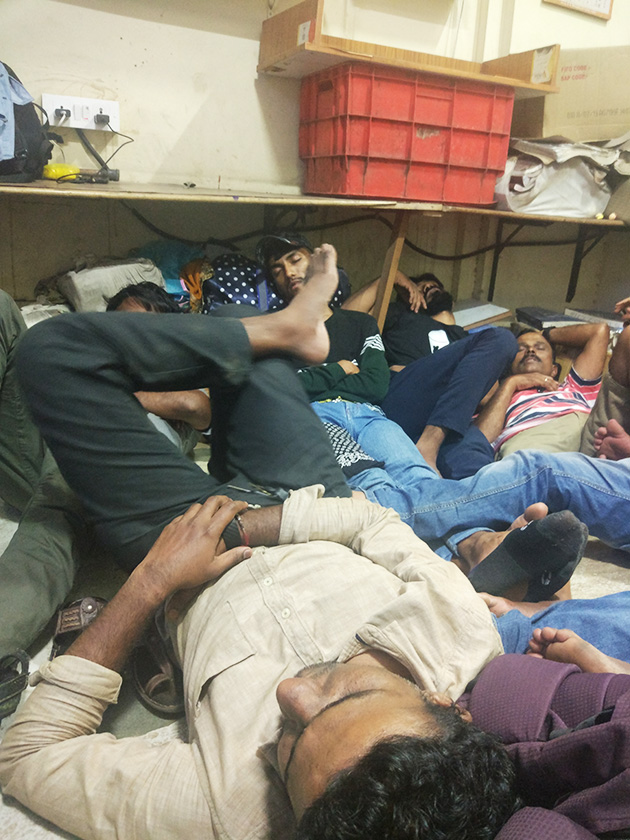
But that is not what broke our hearts. It was the news that in the span of the night, the authorities had already axed more than 2,000 trees. The next morning after having a vada pav for breakfast that was given by a human rights volunteer, we were driven to Borivali court. On reaching Borivali, we were taken to Jogeshwari Trauma Hospital for a ‘medical test’. A ‘medical test’ that involved taking our thumbprint on a piece of paper. We were squeezed into a van driven to and from Jogeshwari to give a thumb impression. Hungry, sleepy and tired, none of us had the bandwidth to question the utter absurdity of the ‘examination’. Back at the court a few of the other protestors met some friends and family who offered us water. We were then escorted to the court amid a large group of supporters and media persons. One by one, the judge asked us if we had any problems with the police. After answering in the negative, it was decided that we would be remanded to judicial custody and be transferred to Thane Jail. In between all of this, our belongings that had been ‘kept aside’ went missing. My backpack that had my charger, books, earphones and most importantly my friend’s wallet and cards was never to be found. It was clear that the ordeal wasn’t going to end anytime soon.
“My backpack that had my charger, books, earphones and most importantly my friend’s wallet and cards was never to be found. It was clear that the ordeal wasn’t going to end anytime soon.”
24 of us were escorted to the holding cell, which was a dark and cramped area. It had one small Indian style toilet with no light, no window and a god-awful stench. Most of us at this point were too exhausted and too worried thinking of the conditions in Thane Jail. To calm everyone, one of the senior persons in our group, Sandeep suggested that we take this as a bitter pill; a learning that will help us emerge as stronger people. Those words at that time, meant so much more than the words of wisdom doled out during the past 24 years of my life. To ease the tension further, we decided to do a round of introductions among ourselves. Fortunately that day, we were fed with home-cooked food given by our friends and family. It’s amazing how much a full stomach can do to calm the nerves.
After a few hours of sweating it out in the holding cell, the inspector informed us that we would be taken to Thane Jail. He tried his best to reassure us that we would not be treated as criminals and that we are ‘political prisoners’. At what we guessed was around 8:30-9 pm, we were told to get ready to be transported to Thane Jail. I was amazed to see the number of people still outside the cell, supporting us. I handed over my wallet, watch, shoes, socks etc to my dad who was waiting outside with a couple of my friends. He assured me that he backed me, and with that renewed spirit, I entered the police van that would transport us to Thane jail. Majority of us were barefoot since we couldn’t wear shoes inside the prison. We were, despite the disclaimers, being treated like convicts. Not being fluent in Marathi didn’t win us any favours either. In fact, an inmate later told us that non-Marathi speaking accused often pay a higher price for their actions.
We finally made it to Thane Jail. What followed was a routine I had until then, only seen in the movies. Our cash was seized, details jotted down for what seemed like the tenth time and finally, the strip search – albeit with the bare essentials on – followed by sit-ups. That done, we made our way to the barracks – also our sleeping quarters for the night. Nothing could’ve prepared us for the sight. It was stuffed with around 150-200 people who were sleeping. The Thane jail as it turns out, has the capacity to house 1000 inmates. When we entered on Saturday night, the number of inmates inside was 3,600 – over by 2,600. Little wonder that the caretaker went around trying to create room for us – by yelling at or hitting the sleepy inmates.
Finally, in the barracks, in between two inmates, on a hard stone floor covered with tarpaulin, I had my first nap in close to 48 hours.
“It was stuffed with around 150-200 people who were sleeping. The caretaker went around trying to create room for us by yelling at or hitting the sleepy inmates.”
It was interrupted within an hour with the sounds of the other inmates being whacked for over sleeping. Any thought of extending the nap was quickly dismissed. A quick round of attendance and off we went for breakfast. Quite in line with the quality of the bed, the breakfast was what seemed like a mix of sheera and upma cooked together with a side of chai that was grey in color. Needless to say, most didn’t eat it and those that attempted came close to throwing up. That done, we washed our plates and bowls and headed outside to the courtyard.
“Quite in line with the quality of the bed, the breakfast was what seemed like a mix of sheera and upma cooked together with a side of chai that was grey in color.”
To our surprise, an officer came along with the prison barber. We were all scheduled for a ‘haircut’, we were told. Apart from the fact that it was the one routine that no one – regardless of their VIP status – could skip. We were made to take off our shirts and kneel or squat on the tarpaulin on the floor as the barber snipped away. Thankfully, the officer-in-charge spared us the buzz because “we weren’t criminals after all,” as he said. As for the shave, it featured no cream or soap whatsoever – just water and a blade.
That done, round two included another medical check-up, fingerprint scan and mug-shots clicks. What added to the woes of the jail life was that we had no access to the clock whatsoever. Just time dragging along. Before we knew it, it was time for lunch, which thankfully was a tad better than the breakfast – dry bhakri and a watery gravy with very little salt.
Back in the barracks, the caretaker had created space for us to rest. The caretakers, we learnt, are usually convicts serving a long sentence of up to 25 years. The other inmates were in for crimes and offences ranging from theft to possession of weapons and sexual assault. Despite the arrangements, the humidity didn’t allow us to sleep. One of the caretakers had apparently switched off the fan because no one had agreed to help him fill water for the barracks. He was yelling on top of his lungs and stopped only when one of us offered to help. Since we were beginning to blend in with the place by now, a friendly prisoner approached us, “the Aarey Colony group”, and offered a word of advice – don’t let yourself get provoked. In case of trouble, approach the caretaker. Helpful as it was, it also made it seem like we were settling in for a longer stint and the thought was depressing.
As if an answer to our collective thought, the officer summoned us for an attendance call. Turns out our bail had been posted. My immediate thought was, ‘I’ll sleep in my own bed tonight’. The officer expressed surprise that we were being released on a Sunday when courts and jails are closed. The district collector himself had come to ensure that we were released in an appropriate manner. After what seemed like an eternity and multiple name checks, signatures and medical checks done on us we were finally handed our money and taken from the processing area towards the gates of the prison.
We were told that the police wanted to keep the release low-key and hence there won’t be any media waiting for us. We were however greeted by thunderous applause and cheering by our well-wishers who were waiting to greet us. A true desi mum, my mother’s first reaction was to give me an earful about not informing the family about my whereabouts on Friday night. Of course there was the emotional hug that followed, but first things first.

Image Source: Google
Those fighting against the building of the metro car-shed at Aarey have always offered alternative solutions that don’t seem to align with the government’s design for whatever reason. With the emergence of the new government, the fate of the forest and the shed is uncertain again – probably in a better way this time. But the damage has been done – the trees have been hacked and one can only hope that we either curb or reverse the damage from here on.
“But the two days had made us a tad tougher than we were when we showed up at the protest on Friday. It is an uphill task, but then, nobody said it was easy.”
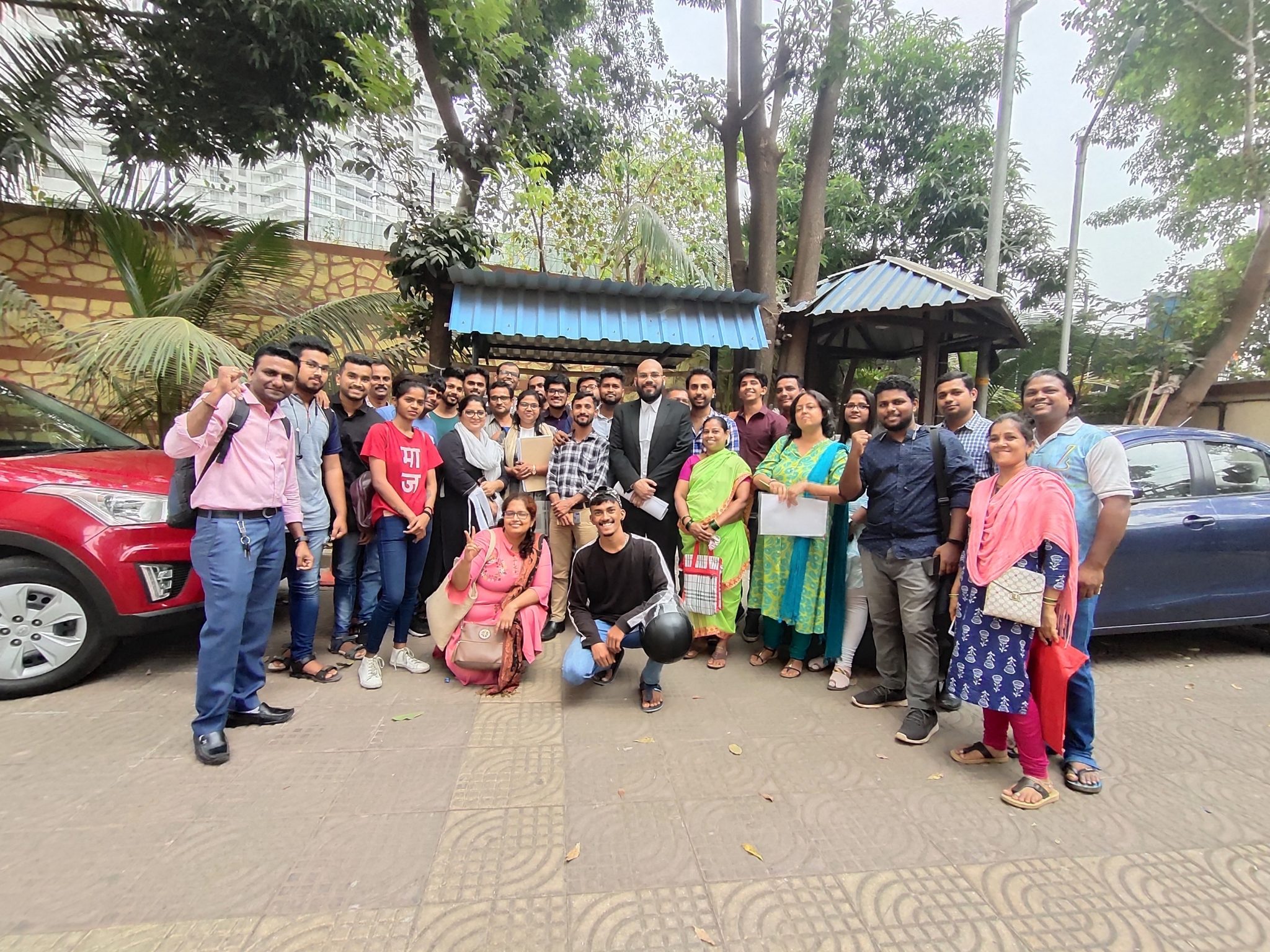
Image Source: Shyam Bhoir
On our way home that night, we discussed how the road ahead was tough. The attendance at the police station, the criminal charges – it was a lot to wrap one’s head around. But the two days had made us a tad tougher than we were when we showed up at the protest on Friday. It also reasserted my faith in the power of people to mobilize change or at least challenge the establishment if something seemed wrong. It is an uphill task, but then, nobody said it was easy.



